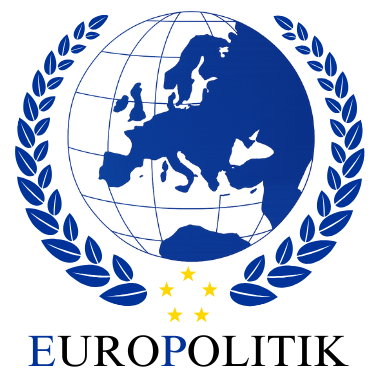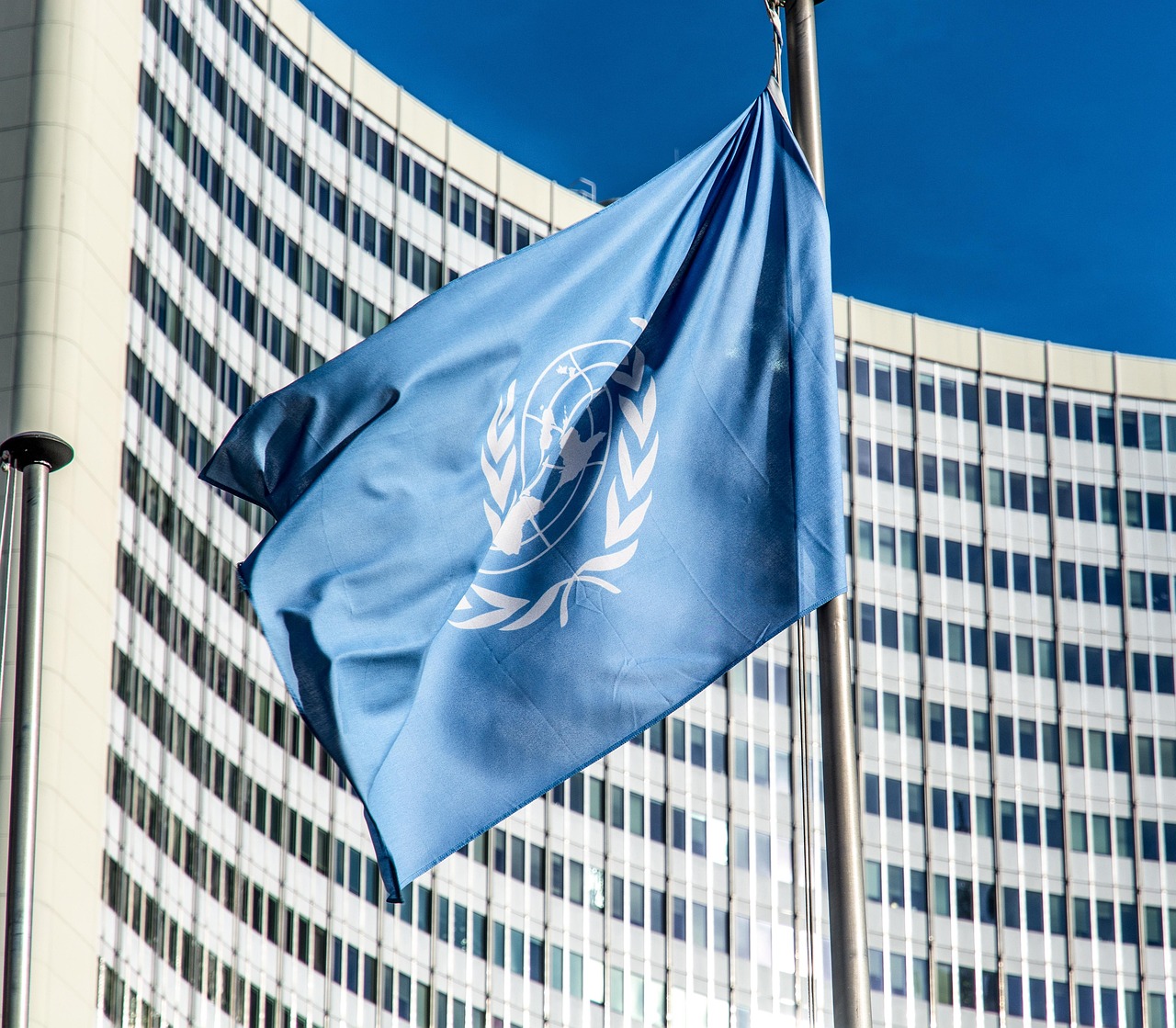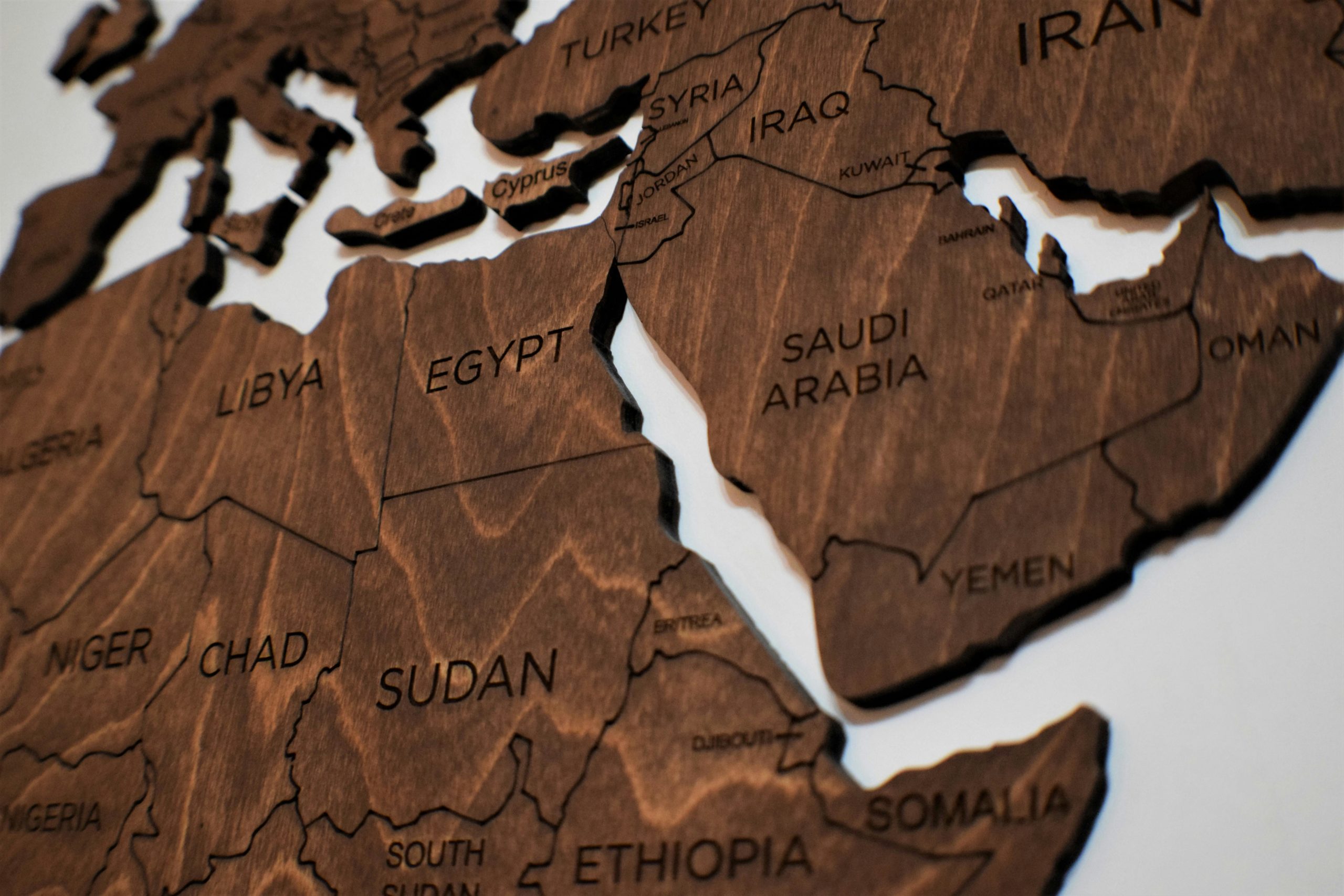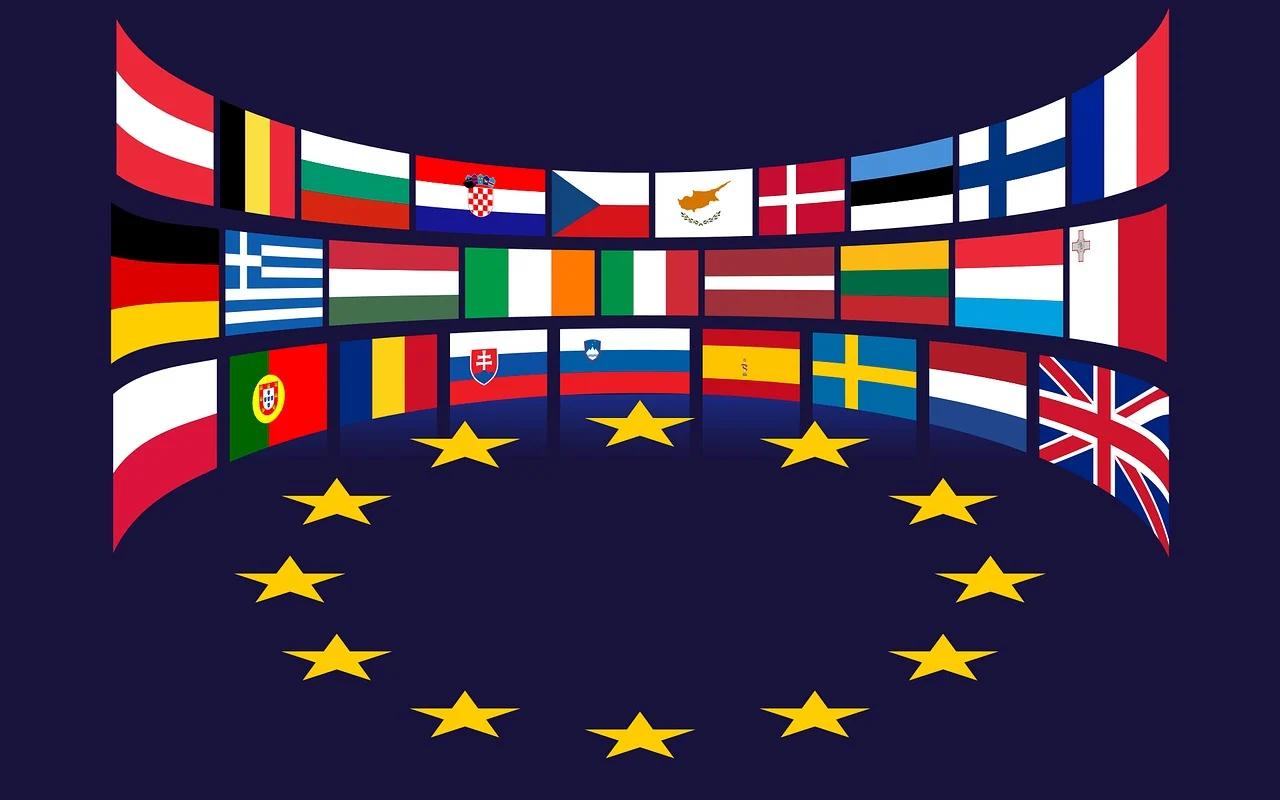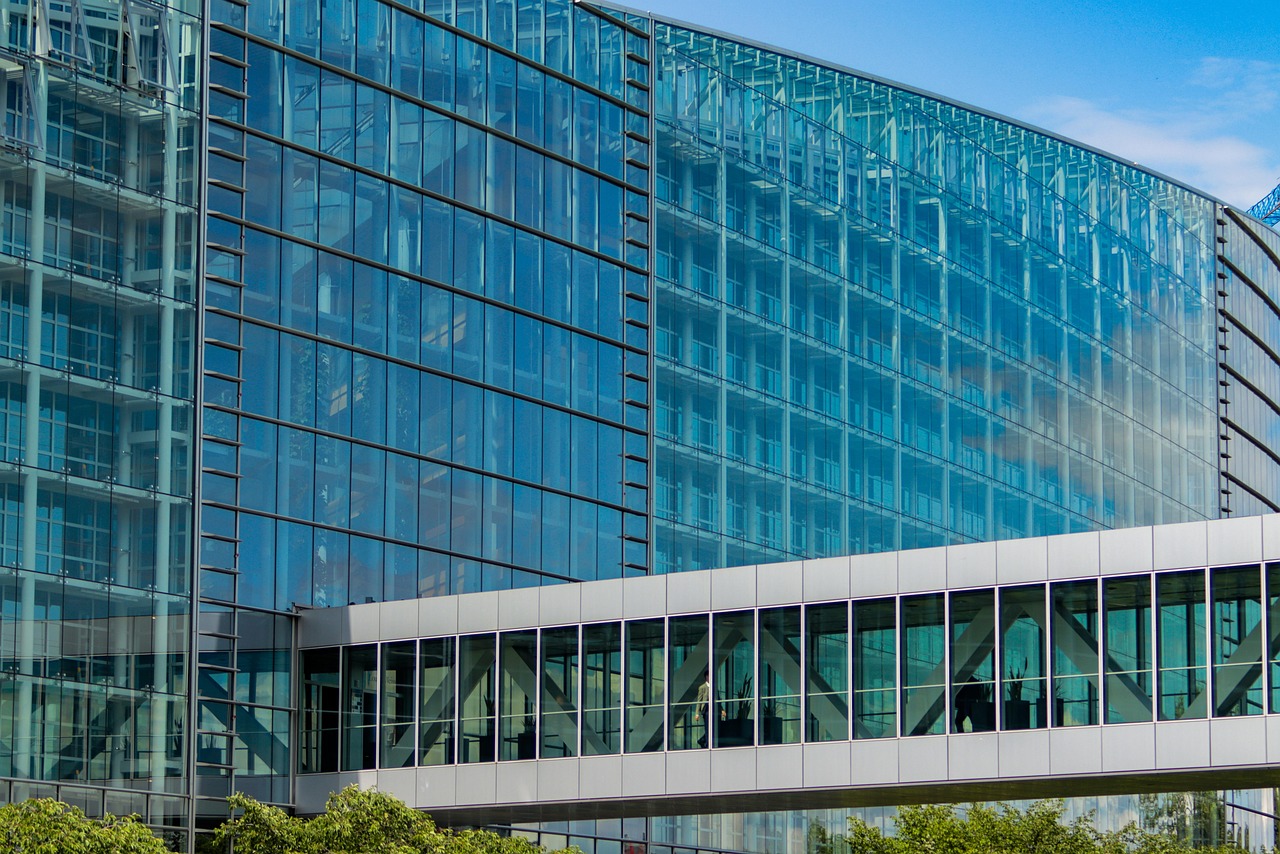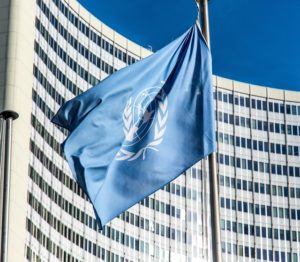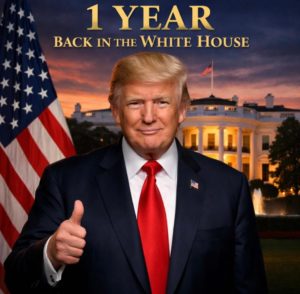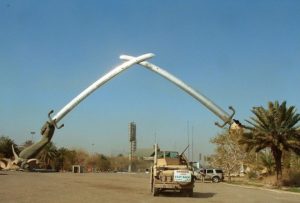Aboard Air Force One, on his way to Tel Aviv to celebrate the signing of his Middle East peace plan, U.S. President Donald Trump took a moment to praise “the incredible work done by Doha” in securing the release of Israeli hostages. Following Israel’s ill-fated strike on Qatar last September, Washington found itself in an awkward position: unable to prevent the incident, the United States realized too late that it had endangered not only a historic ally but also alarmed an entire bloc of regional partners who depend on the American security umbrella. What could have passed as a polite diplomatic compliment from Trump carried a far deeper significance in the current context. During his last visit to the White House, Israeli Prime Minister Benjamin Netanyahu had been forced, in Trump’s presence, to phone his Qatari counterpart and apologize for the attack. Long viewed as a discreet yet troublesome mediator — often accused of harboring Hamas officials, ironically at the request of Washington and with Israel’s approval — Qatar has now re-emerged as a central player in the Middle Eastern diplomatic arena. After weeks of tension and stalemate, it was under Doha’s auspices that the first concrete discussions succeeded, offering a fragile but real glimpse of respite in the region.
Since the Israeli strike in September, everything seemed to have turned against Doha. Israel, weakened by political turmoil and regional instability, had launched a large-scale military operation targeting Hamas leaders involved in ongoing negotiations — some reportedly on Qatari soil. The move could have upended the already fragile regional balance. Amid this uncertainty, few nations retained the ability to talk to all sides: not Washington, too deeply involved; not Egypt, exhausted by endless rounds of negotiation; nor the United Arab Emirates, too closely aligned with Tel Aviv. Only Qatar preserved its unique channel — able to speak simultaneously with Israel, Hamas, and the United States — a position built over years of crises and now once again rewarded by American realpolitik and the successful release of the remaining Israeli hostages on October 13.
Historically, the U.S.–Qatar relationship has been both strategic and pragmatic. Since the 1990s, Doha has established itself as a vital military partner, hosting the region’s largest U.S. airbase at Al-Udeid. The small emirate, often caricatured for its paradoxical diplomacy, understood long before others that political survival depends on geopolitical usefulness. By supporting Washington while maintaining dialogue with the Muslim Brotherhood, Iran, and Hamas, Qatar — acutely aware of its size and vulnerability — secured for itself a role as a permanent, indispensable intermediary. Even the 2017 blockade led by its Gulf neighbors, and initially backed by Trump, failed to break this balancing act.
Today, that relationship is evolving into a forward-looking partnership — regardless of Israel’s reservations. Trump’s recent presidential decree guaranteeing the protection of Qatar’s sovereignty following the Israeli airstrikes marks a turning point. Equally symbolic is the signing of a new agreement allowing Qatar to station military aircraft on a U.S. base in Idaho — a first in the history of bilateral relations. This gesture not only deepens long-term military cooperation beyond the confines of the Middle East but also acknowledges Qatar’s expanding global role as both a diplomatic and operational actor. One need only recall Doha’s crucial involvement in organizing one of the largest airlifts in history — the evacuation of foreign personnel from Afghanistan in August 2021 after the Taliban’s return to power.
From pariah to power broker, Qatar has managed, once again, to turn crisis into opportunity — asserting its place as a keystone of Washington’s Middle Eastern strategy and a rising player in the global balance of power.
